Why was the project needed?
The work was part of a wider priority around improving inclusion and reducing Norwich schools’ exclusion rates, which are above the national average. Statistically pupils are more vulnerable to exclusions at main transition points in their school life, and this was recognised by Norwich Opportunity Area (NOA) schools as a particular priority for the Year 6-7 transition period.
What happened and what was the impact?
NOA primary and secondary schools were invited to join a working group specific to this line of work. They met regularly under a project lead. The group discussed the issues specific to transition and agreed on a series of areas they wished to focus on. In addition, the project lead investigated current practice in the secondary schools at transition time in the summer and drew some conclusions around the ways the group could make improvements.
Essentially these fell into one of four categories:
- Improve communication and processes
- Improve resilience in students
- Improve academic ability
- Share best practice
Interestingly, research shows these are all common areas for many of the challenges transitions presents. The Trust system and a lack of teacher time in every school, had reduced the amount of natural and regular transition type activities and conversations that were once the norm for secondary schools to have with their main feeder schools. Interschool visits and regular group meetings enabled staff to see the value that had been lost over the years with the erosion of these relationships and sharing learning on issues they all face.
Many different projects took place under the Transition (Year 6-7) remit. Some of the most key and successful projects have been documented in case studies that cover the process, outcomes, impact, key lessons and include any resources created. You will find links to these below:
Common Transfer Document
Admissions Event for Parents
Primary School Parent Information Evenings
Primary/Secondary Interschool Visits
Summer Schools
One of our largest projects, the Curriculum Bridging Project, has its own Big Idea page on the learning hub.
What did and didn't work?
The main challenges were getting buy in from all the schools, especially primary schools as there are simply so many more of them, and transition activities being in summer term. Summer term activities were massively disrupted in both 2019 and 2020, thus preventing a lot of the work and evaluation happening as originally planned.
Time was also a limiting factor at the start of the project as we began what would be a summer term delivery in the final year of the three-year project, essentially the summer before. It meant that we worked hard to develop multiple strands of work simultaneously, with little option but to simply hope they would work, as we thought the NOA would be over before we could see their outcomes or benefits.
However, as Covid-19 took precedence, the focus shifted to finding ways to adapt the work and make it possible to support Year 7s who had not been to their new school as planned and may also have been out of any education for a considerable time. There was also a need to support the secondary schools to prepare for these new pupils and the challenges that arose from their usual processes not taking place.
What worked well was the group getting past blaming one another for their issues and moving to a solution driven approach, developing a series of excellent collaborative resources in an inspiring and creative way. What also worked well was as the NOA continued longer than initially planned, the group expanded to include more external partners who all contributed to a joined and improved service not only for the NOA, but for their own organisations and the sustainability of the projects. The NOA website was a good way to direct schools to the free resources we had developed and make them available and to update them on an ongoing basis.
The value gained for staff involved in the interschool visits between primary and secondary schools was profound. They all spoke of having a better understanding of each other’s behaviour policies and pedagogy as well as the actual subject work being delivered in each setting. Not only did this inform our work for the transition team, it helped shape their school’s approach to their own curriculum and importantly their attitude to one another’s school, breaking down prejudices and enabling a much better understanding of one another’s point of view.
See individual Transition (Year 6-7) case studies and Curriculum Bridging Project Big Idea for more details of key learning points for individual projects.
How did you measure success?
Mostly this has been done via short surveys or through school take up rates on the projects offered. A detailed and independent evaluation is currently being conducted by Anglia Ruskin University, but the work has been greatly disrupted and slowed due to issues around working in a pandemic. The main aim, to reduce exclusions in Years 7s, is a measure too disrupted by lockdowns and other contextual issues for the project to draw any conclusions around that, at least for now. It is hoped that the independent evaluation may be able to extrapolate some conclusions.
The biggest indicator of the works’ success has been in the take up of many of the project resources to be developed further and rolled our county wide by the Norfolk County Council’s Covid Recovery Partnership Team.
See individual Transition (Year 6-7) case studies and Curriculum Bridging Project Big Idea for more details of how individual projects outcomes were measured.
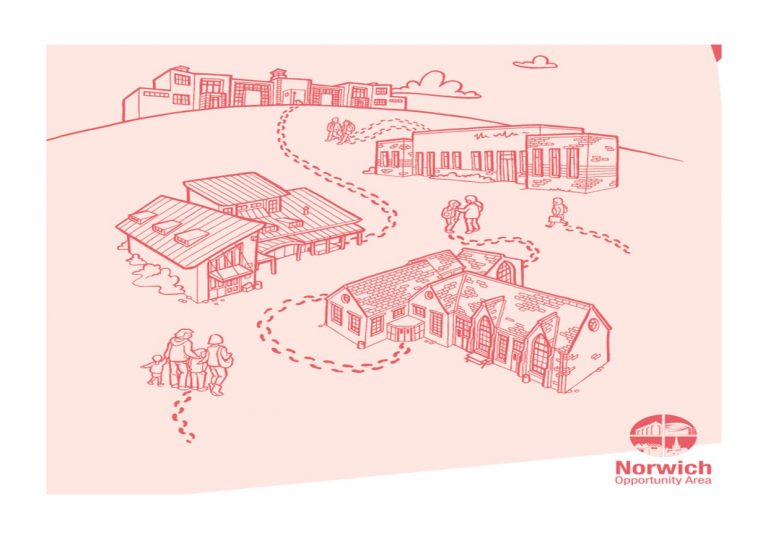
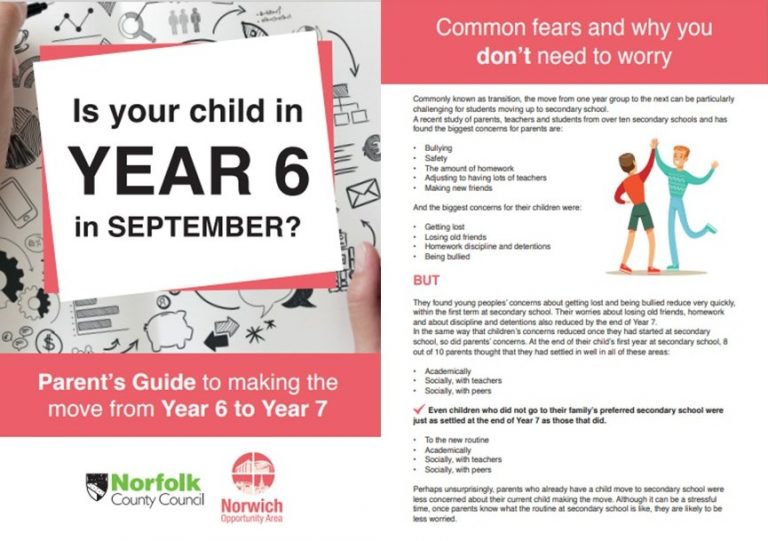


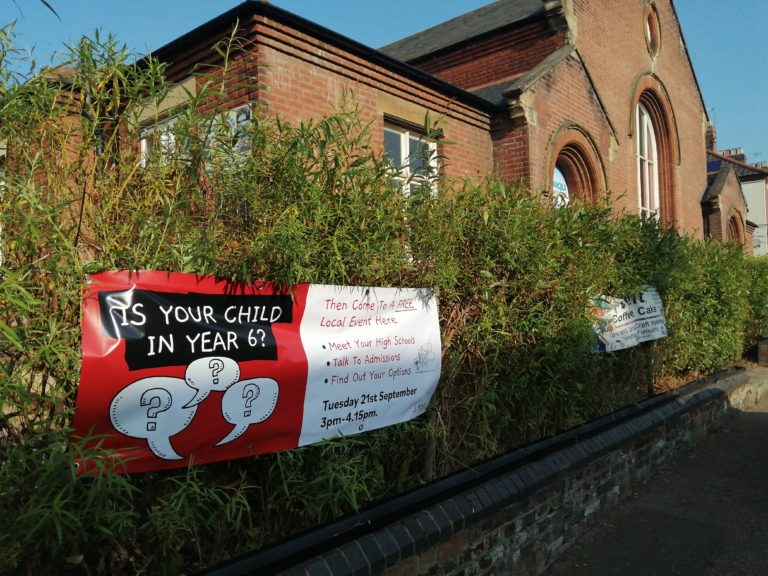
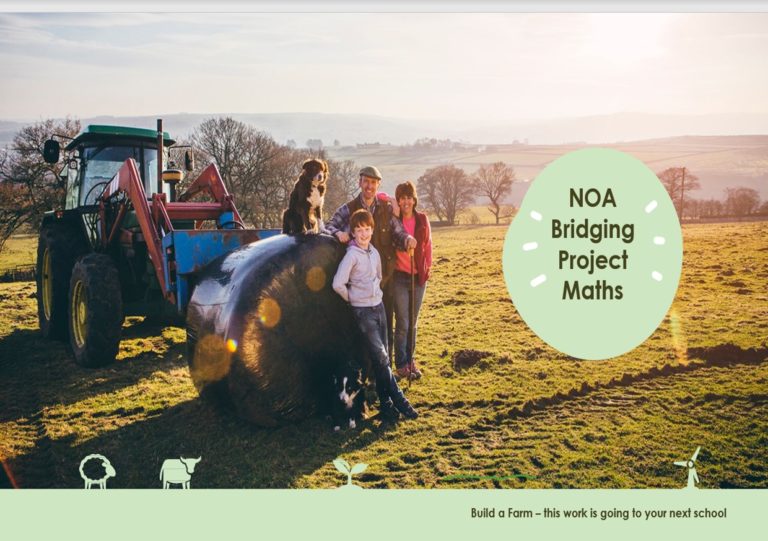
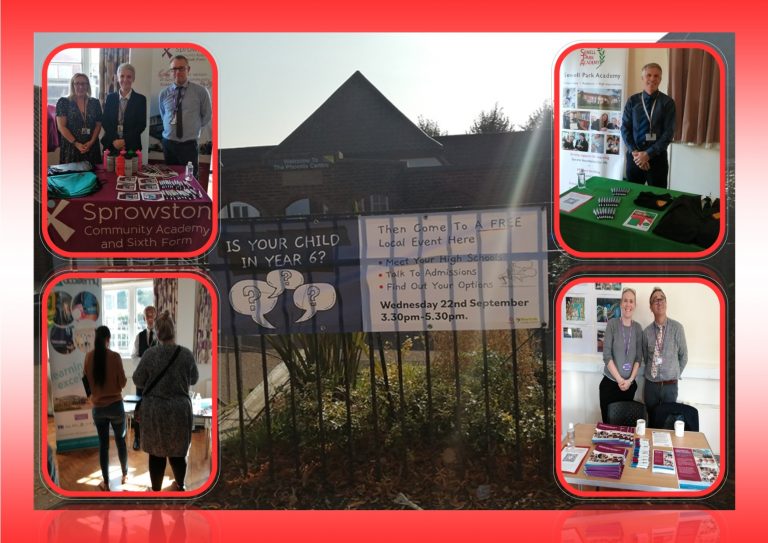
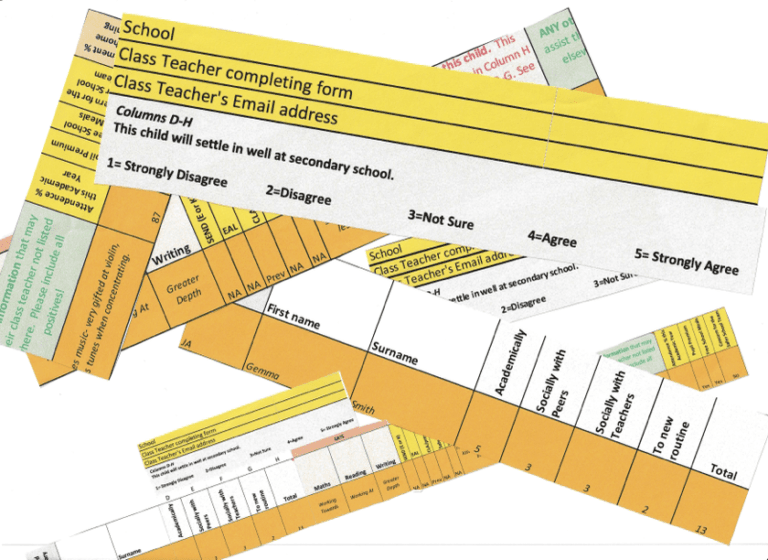
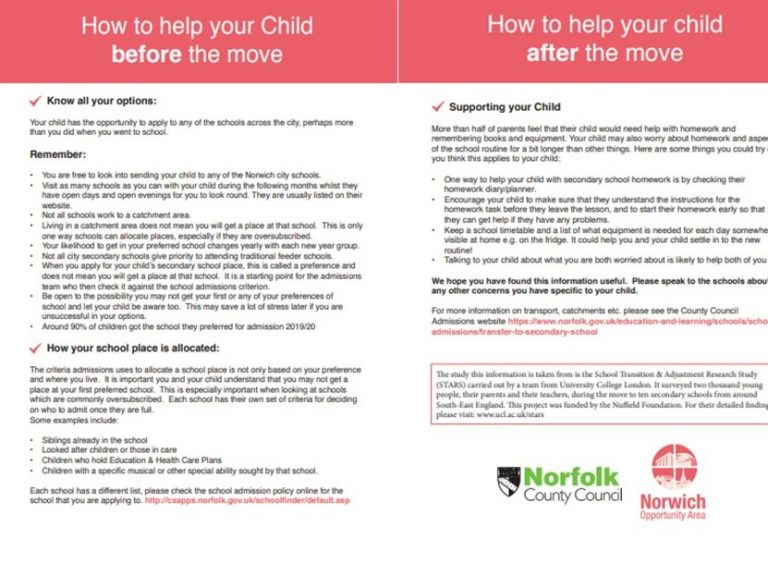

If you've got any thoughts and ideas of how this approach could be improved or an positive impact it's had for you, add them below
Login or register now to post any comments